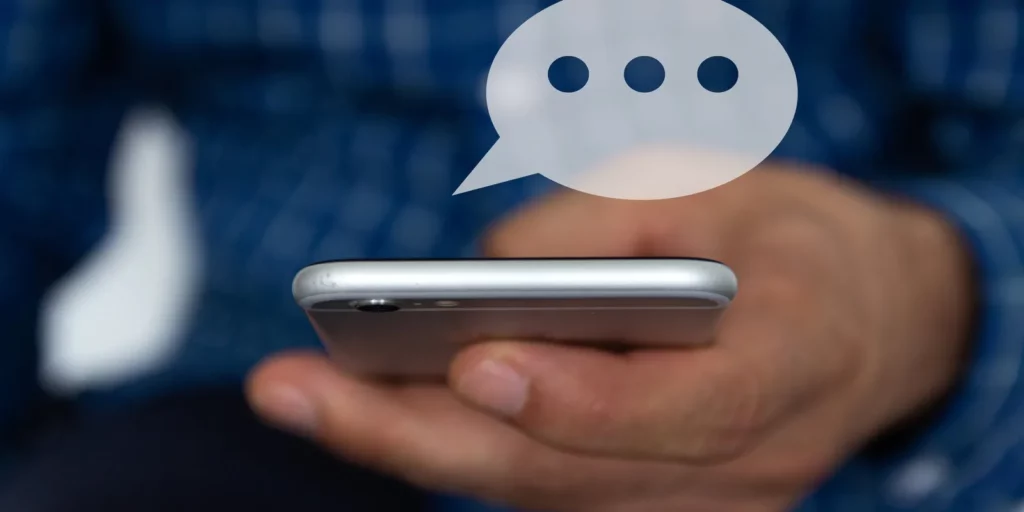In the world of text messaging, chat apps, and social media, we encounter a plethora of acronyms and abbreviations daily. Decoding them can sometimes be as challenging as solving a jigsaw puzzle.
Today, we’ll decipher two such frequently used internet acronyms: ‘TBH’ and ‘IDK.’ They’ve permeated our digital conversations, helping us keep them short, sweet, and punchy.
So, let’s get into the nitty-gritty of these trendy abbreviations, exploring what they mean, how they’re used, and their impact on our communication style.
Unraveling the Acronym ‘TBH’
‘TBH’ is the acronym for ‘To Be Honest.’ It’s one of those phrases we often use to preface a comment or observation, usually to soften the blow of a potentially harsh statement.
Suppose you’re about to tell your friend that their new haircut isn’t as flattering as they think. You might say, “TBH, your previous hairstyle suited you better.” TBH, then, acts like a linguistic cushion, preparing the other person for something they may not like to hear.
This phrase isn’t restricted to negative remarks, though. TBH can also be used to express admiration or agreement. For instance, “TBH, I really admire your work ethic” or “TBH, I can’t stop eating these delicious cookies you baked!”
Decoding ‘IDK’
Moving on to the next acronym, ‘IDK,’ stands for ‘I Don’t Know.’ Now, this is pretty straightforward. It’s a quick and easy way to express uncertainty or lack of knowledge on a subject. It’s a real time-saver in a fast-paced conversation, especially when you don’t have a concrete answer.
Remember, while ‘IDK’ is convenient, it should be used sparingly in formal communications. It might seem unprofessional to reply to your boss’s email with “IDK about the project’s status.” Instead, a more appropriate response would be, “I’m unsure about the project’s current status, but I’ll find out and get back to you.”

The Influence of ‘TBH’ and ‘IDK’ on Digital Etiquette
As we embrace acronyms like ‘TBH’ and ‘IDK’ in our digital conversations, it’s essential to understand their impact on online etiquette or ‘netiquette.’ These abbreviations, while beneficial for brevity, might only sometimes be appropriate.
Using ‘TBH’ frequently could come off as brutally honest or even rude, while overusing ‘IDK’ might portray a lack of interest or knowledge. It’s vital to strike a balance, ensuring these acronyms stay within the core message and maintain the tone of the conversation. Remember, the key to effective communication is understanding and respecting the context and the audience.
Conclusion
TBH and IDK are digital shorthand designed to make our online conversations quicker and more efficient. While these abbreviations offer convenience, it’s essential to consider the context before using them.
TBH, understanding these trendy phrases helps us connect better in the digital world, but it’s also vital to remember that they differ from the importance of clear, professional communication. IDK about you, but keeping up with these phrases can be fun and enlightening. In this ever-evolving digital landscape, who knows what new abbreviations we’ll be decoding next?
Have any questions regarding the topic “What Does Tbh and Idk Mean” feel free to comment below.

